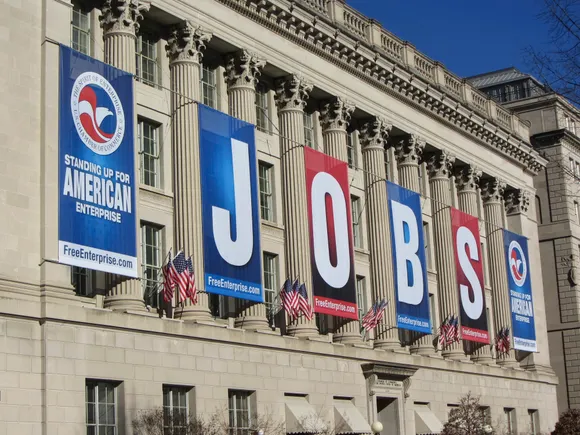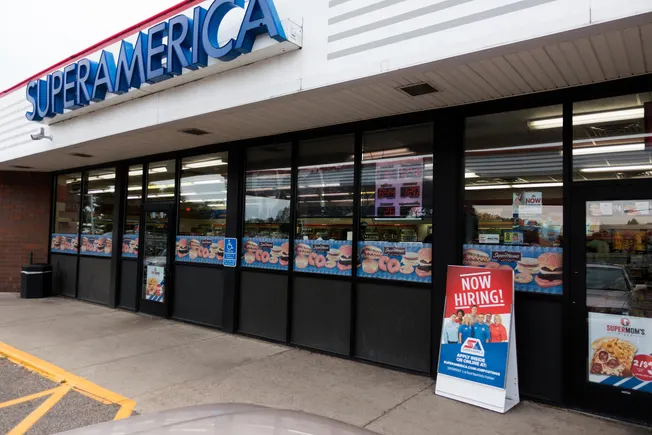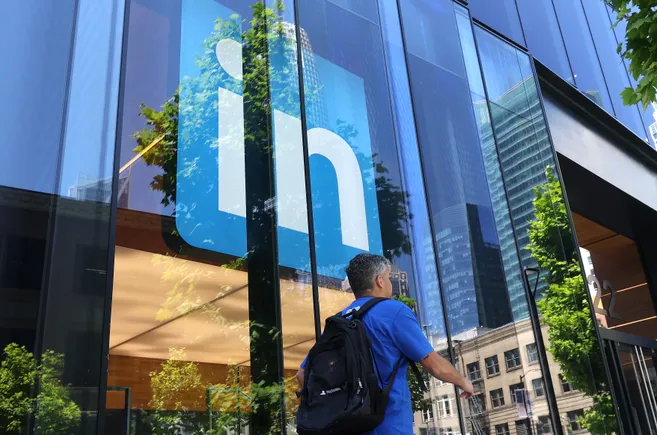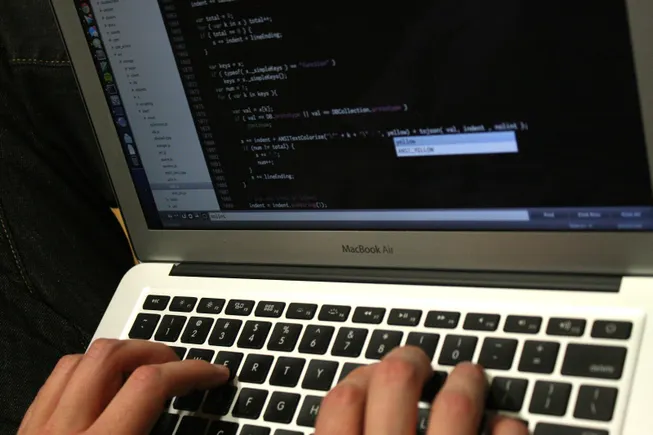Dive Brief:
- President Donald Trump’s proclamation placing a $100,000 fee on new H-1B visas is a “plainly unlawful” expansion of executive authority that violates the Administrative Procedure Act and federal immigration laws, the U.S. Chamber of Commerce alleged in a lawsuit Thursday.
- Chamber of Commerce v. U.S. Dept. of Homeland Security, et. al. is at least the second such lawsuit against the fee proclamation, following a separate filing earlier this month by plaintiffs in California. The Chamber claimed the fee would “inflict significant harm on American businesses” and render the H-1B program economically unviable for many.
- The Chamber asked the U.S. District Court of Appeals for the District of Columbia to enjoin the fee requirement and vacate any agency actions taken to implement it. A White House spokesperson did not respond to a request for comment.
Dive Insight:
The lawsuit is an immediate follow-up to the Chamber’s statement last month calling on the Trump administration to withdraw its fee proclamation. In that statement, the organization said Trump’s move could impede economic growth as well as domestic job creation by incentivizing employers to move some business functions overseas.
A Chamber press release Thursday reiterated those concerns. Neil Bradley, the organization’s executive vice president and chief policy officer, credited the administration with “securing our nation’s border” while warning of the need for H-1B visas to support growth and attract global talent.
The fee caught employers by surprise when it was announced in September, particularly so for those in the technology sector, where H-1B visas are routinely sought to staff highly-skilled positions in mathematics, computer science and similar fields. But the fee’s effects could be felt in fields ranging from healthcare to education as well, plaintiffs in the California lawsuit alleged.
Meanwhile, Trump touted the fee — which applies prospectively only to H-1B visa petitions filed on or after Sept. 21, 2025, — as a necessary measure to combat “systemic abuse” of the program by employers in an effort to artificially suppress wages while reducing job opportunities for U.S. citizens.
The Chamber directly addressed this point in its lawsuit, conceding that while abuse of the H-1B program is a serious issue, Congress considered this problem when creating the program and authorized the executive to take certain measures to prevent and remediate such abuse.
For example, the Chamber noted that Congress twice imposed a temporary $4,000 surcharge fee on certain employers with a high proportion of H-1B visa holders. It also implemented a regulatory framework, the Labor Condition Application, requiring employers seeking H-1B employees to certify that the positions offered to such candidates meet criteria outlined by Congress. The legislature gave the president the authority to enforce such requirements by issuing fines as well as bans on filing future H-1B petitions.
“What Congress did not authorize is disincentivizing the use of the program by imposing a fee many times the amount of fees set by Congress,” the Chamber said.
Separately, the organization echoed an argument used by the California plaintiffs in alleging that the fee is arbitrary and capricious and was not submitted to notice-and-comment rulemaking as required under the APA.
The lawsuits against the fee add to employers’ confusion in the aftermath of the proclamation. Sources previously told HR Dive that businesses have since been left to parse just how to pay the fee or how it will apply to visa petitioners who are already physically present in the U.S.






Leave a Reply